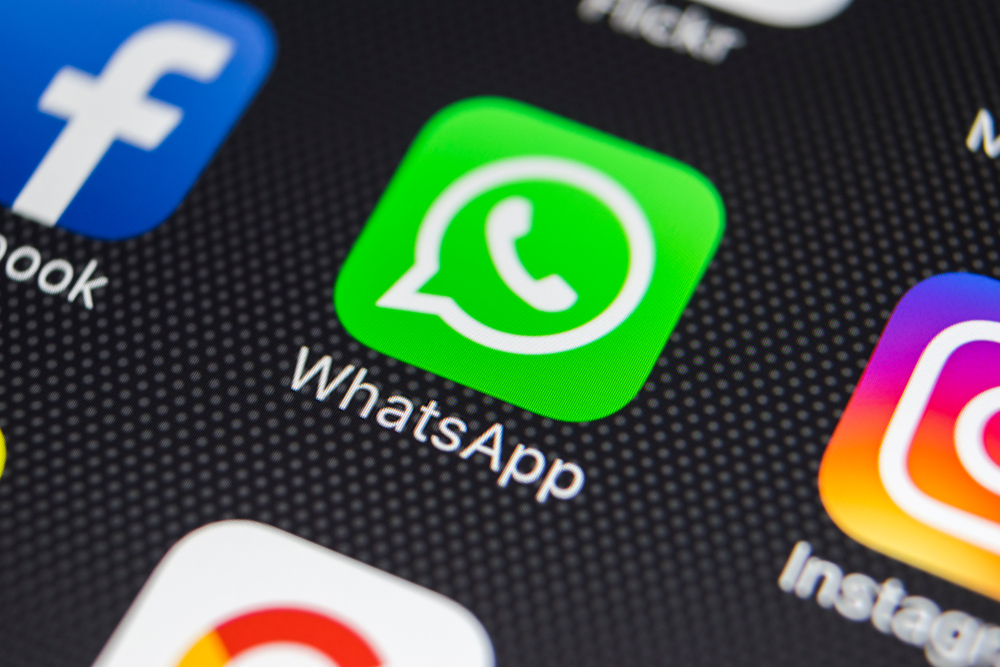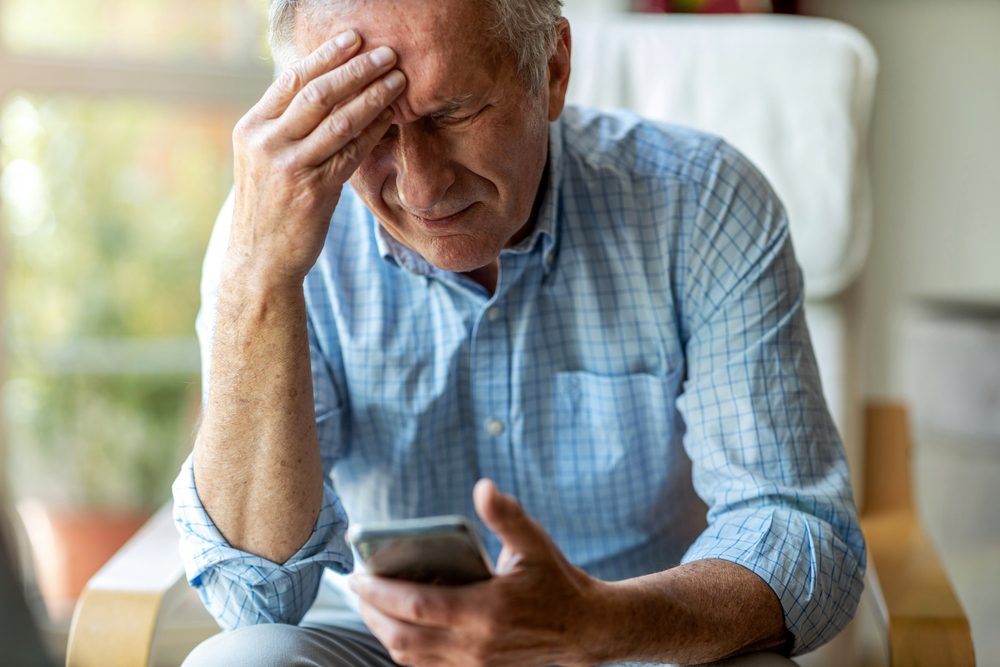New research produced by Get Safe Online shows that 21 people are targeted every minute as a result of unwittingly ‘oversharing’ on social media.

A survey of 2,000 adults produced for Get Safe Online Week found that people are unaware of privacy risks associated with oversharing on social media platforms with over a third of the UK (39%) experiencing fraud because of it.
Worryingly, 26% of people targeted by fraud due to oversharing didn’t realise they were targeted, 22% did nothing and 32% just ignored it.
The survey also highlighted that 23% of people used social media to show off about their holidays and 20% use it to let connections know about life milestones such as buying a house.
To help promote the week Get Safe Online has teamed up with influencers including James McVey (guitarist with The Vamps), Alice Judge-Talbot (blogger) and Matthew Wright (broadcaster) to show how important it is to be aware of what you share.
Tony Neate, CEO of Get Safe Online, says: “People are increasingly oversharing on social media and apps without thinking about the consequences, which is why this Get Safe Online Week, we’re reminding you that you don’t always have to give everything about yourself away on social media or your apps. Seemingly harmless posts, photos and details in your profile could actually leave your privacy exposed. An innocent location check-in or a photo of your new driving licence for example could be invaluable to criminals, who are expert at putting together snippets about you to build a bigger picture with a view to defrauding you or stealing your identity.
“Think through not just what you’re sharing but who you’re sharing it with. For instance, if you have an open social media account, you’re sharing with the whole world, not just with the people in your own groups. Even if it’s set to private, you can’t be sure it hasn’t been passed on.
“For your own privacy and safety’s sake, some things are better kept offline or private, so always be aware of what you share.”
Get Safe Online's top 5 risks to be aware of
- Different social media channels might require different levels of privacy. For example, Facebook settings should be on private as the way we use the platform is different to Twitter or Instagram where the platforms are more suitable to being open.
- Think twice about posts and photos you’re sharing. Driving licences, passports, some letters and other documents contain sensitive information that you need to prove your ID.
- When you enter your details to a website or app, always check terms and conditions, and even then be careful what you’re agreeing to others knowing about you or your account.
- Posting and sharing photos of when you’re away on holiday or business could be signaling that your home is empty. Remember that today’s burglars are as social media savvy as you are.
- Turn off location services in app settings on your and your kids’ mobile devices: that’s social media apps, cameras and any others that might reveal location. This isn’t just about privacy, but also you and your family’s personal safety.



